Senior Staff
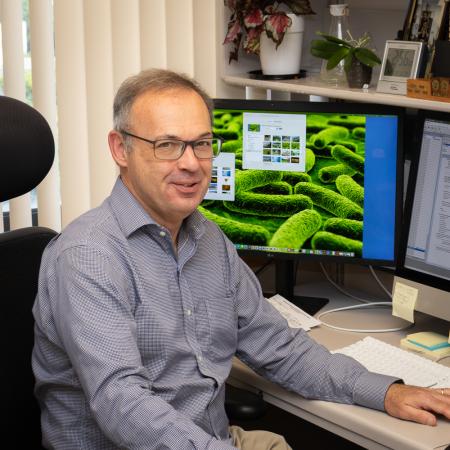
Vincent Escuyer, PhD [1]
Director, Mycobacteriology Laboratory
We are interested in the mechanisms underlying resistance of M. tuberculosis to major TB drugs and in the development and validation of molecular assays involving whole genome sequencing for rapid detection of drug resistant tuberculosis.
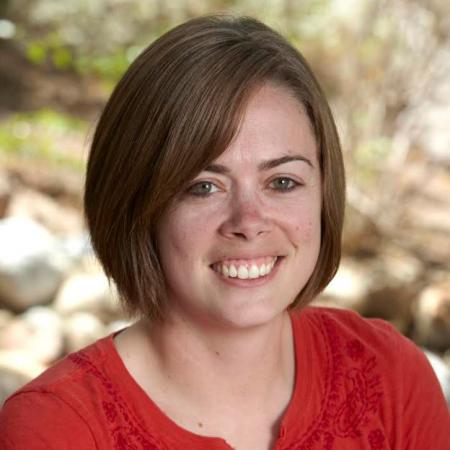
Sherry A. Faye, PhD [2]
Director, Nuclear Chemistry Laboratory
We focus on method development of radiochemical analyses for use in routine and emergency response scenarios.
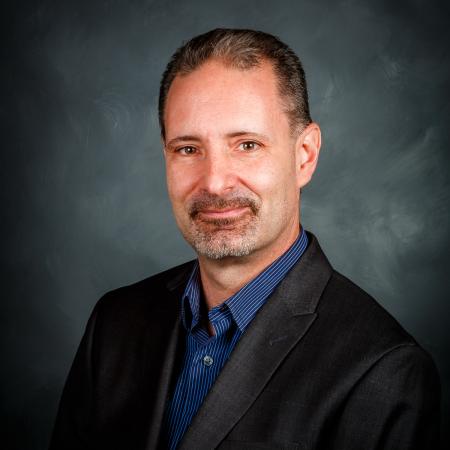
Anthony T. Fayo, BS [3]
Deputy Laboratory Chief - Laboratory of Organic Analytical Chemistry
Mr. Fayo oversees 8 distinct laboratory sections, the Environmental Monitoring/Public Health Testing program, the Proficiency Testing Validation program, and over 60 specialized EPA (or EPA derived) methodologies.

Pallavi Ghosh, PhD [4]
Mycobacterial Stress Response
We study transcriptional reprogramming and regulatory networks in mycobacteria controlling resistance to genotoxic stress, hypoxia, nutrient starvation and exposure to antibiotics.

Robert L. Glaser, PhD [5]
Director, Division of Laboratory Operations
The Division of Laboratory Operations oversees the Wadsworth Center's operations at five facilities in the Albany area, totaling ~900,000 square feet of space and over 210 acres of real estate.

Todd Gray, PhD [6]
Molecular Genetics of Mycobacteria
We use innovative molecular genomic approaches to address fundamental questions of mycobacterial biology. Our findings shed new light on the evolution and function of mycobacterial genomes, accelerating tuberculosis research.
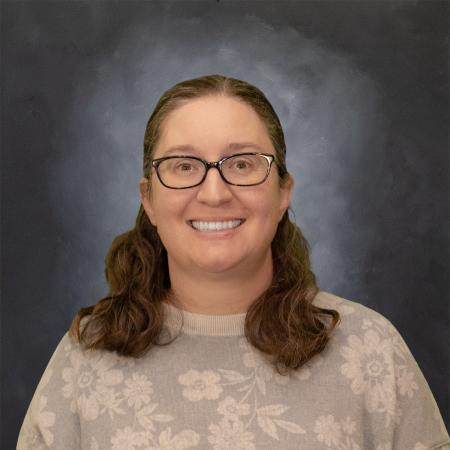
Theresa K. Hattenrath, PhD [7]
Chief, Laboratory of Environmental Biology
We use a variety of techniques to develop and validate rapid methods for the detection of waterborne pathogens, or their indicators, prior to the outbreak of disease.
Abhishek Jain, PhD [8]
Clinical and Translational Metabolomics of Gut Microbiome–Exposome Interface
Our laboratory applies untargeted metabolomics to investigate how the gut microbiome and environmental exposures shape human health and disease.
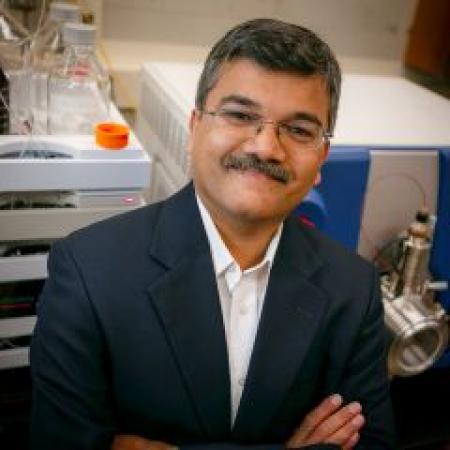
Kurunthachalam Kannan, PhD [9]
Deputy Director of the Division of Environmental Health Sciences
Biomonitoring of human exposure to environmental chemicals; biomarkers of health effects; sources and pathways of human exposure; environmental distribution, food chain transfer and fate of organic pollutants; consumer product analysis; overdose and wastewater surveillance
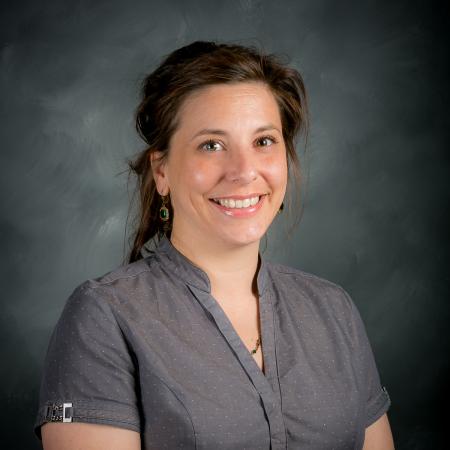
Denise M. Kay, PhD [10]
Director, Newborn Screening Program
We screen infants born in New York State for more than 50 conditions at birth and study the genetics of diseases affecting infants and children.
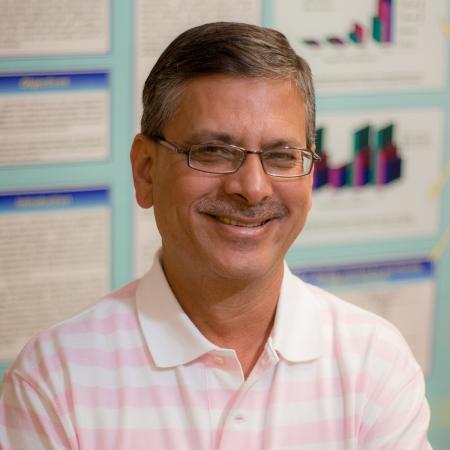
Haider A. Khwaja, PhD [11]
Environmental Atmospheric Chemistry Laboratory
We conduct multidisciplinary research to understand water and indoor and outdoor air pollution and their impact on human health.
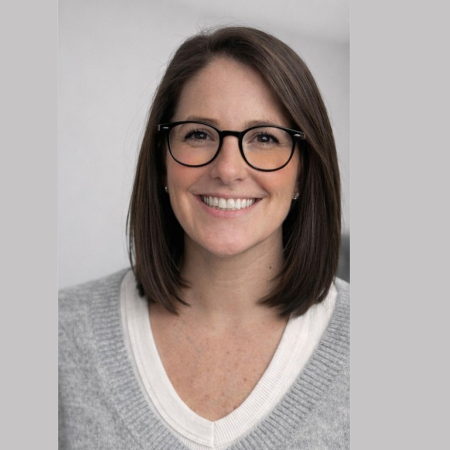
Michele Kilmartin [12]
Associate Director of Administration
Ms. Kilmartin oversees all administrative functions, including human resources, budgeting across 12 funding sources, purchasing and travel, extramural grants administration, contract execution, internal controls, and compliance with Center and Department administrative policies.
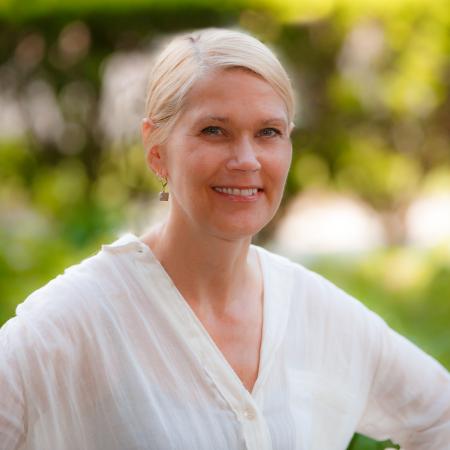
Kerri Kluetzman, PhD [13]
Research Scientist
The Transgenic and Gene Knockout Core produces and analyzes transgenic and gene knockout mice that can be used as animal models of human disease.
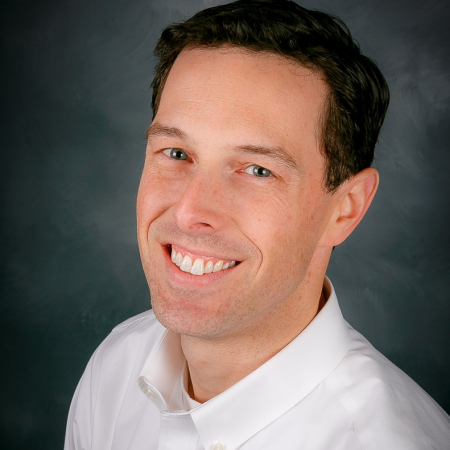
Matthew J. Kohn, PhD [14]
Director, Tissue Resources Program
The Tissue Resources Program oversees all tissue banking activities and services provided in New York State, from donor solicitation to clinical use.
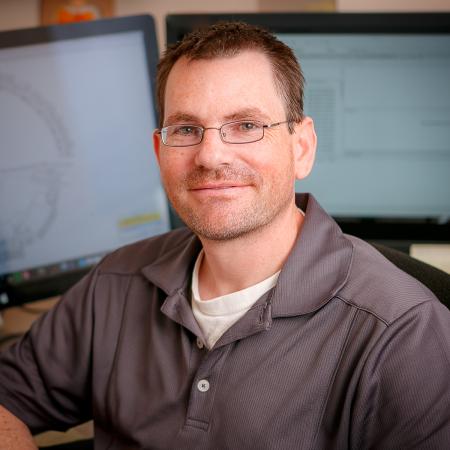
Pascal Lapierre, PhD [15]
Bioinformatics and Statistics Core
My specific area of expertise within the Bioinformatics Core is bacterial genomics, evolution and phylogeny.

Erica Lasek-Nesselquist, PhD [16]
Bioinformatics and Statistics Core
My research focuses on clarifying the phylogenetic relationships among microbial organisms and understanding microbial genome evolution, including the contributions of horizontal gene transfer and endosymbioses to shaping genomes and accelerating adaptive evolution.
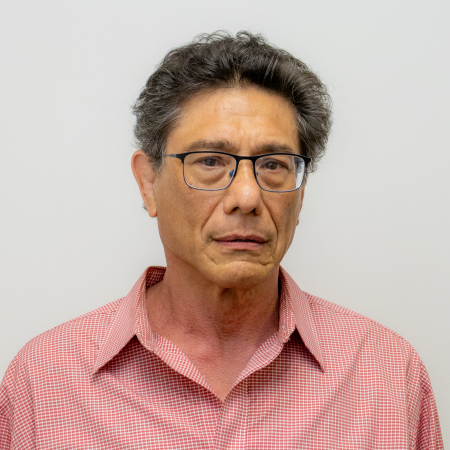
William T. Lee, PhD [17]
Immunological Memory and Diagnostic Immunology
The goal of our research is to characterize the differences between antigenically naive (virgin) and memory T helper cells at the developmental, phenotypic and functional levels.
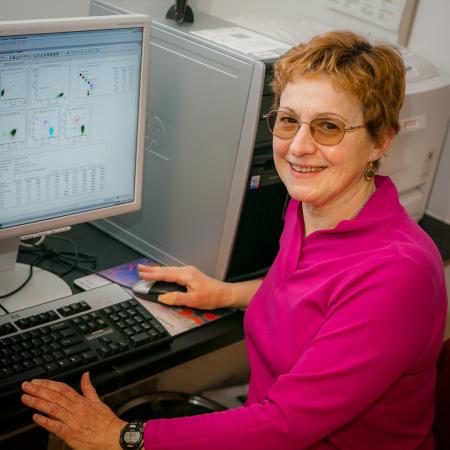
María C López, PhD [18]
Clinical and Experimental Immunology
Our work strives to further the knowledge of the mechanisms behind mucosal immune alterations that can lead to food allergies and malnutrition.
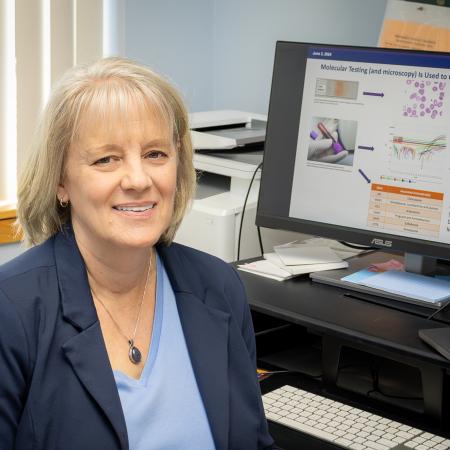
Susan Madison-Antenucci, PhD [19]
Director, Parasitology Laboratory
My laboratory develops improved methods of detecting, identifying and characterizing parasites that infect humans, as well as investigating pathogenicity and sources of infection.
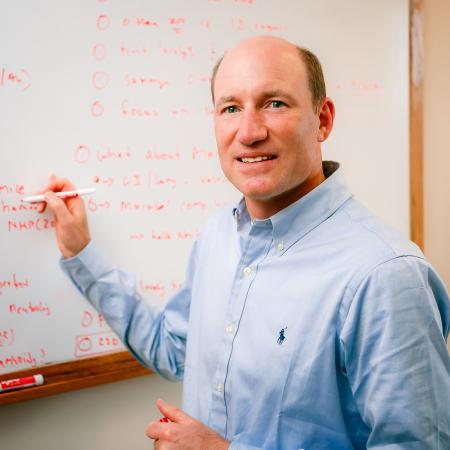
Nicholas J. Mantis, PhD [20]
Chief, Microbial Pathogenesis and Immunology
We study how serum and mucosal antibodies protect mammalian hosts from microbial pathogens and toxins. We are interested in next-generation vaccines and adjuvants to combat biothreat agents and enteric diseases.

